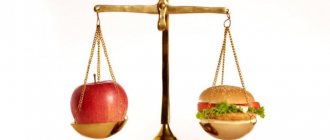How many calories does the average person need per day?
Any activity requires a certain amount of energy expenditure. Without them, physical and mental abilities do not fully manifest themselves. Eating a diet that provides a lot of energy increases fat mass. On the contrary, with a low-calorie diet, gradual weight loss begins.
The whole difficulty lies in finding the golden mean. Losing weight or gaining muscle mass should be, first of all, guided by proper nutrition, and the number of calories must be selected as accurately as possible.
There is an expert opinion on how many calories you should consume per day. For the stronger sex – about 2500 cal., for the weaker sex – 2000 cal. These numbers are approximate.

There are many factors that influence these values:
- Lifestyle;
- work activity;
- schedule;
- meal times;
- floor;
- age;
- amount of physical activity.
You cannot put, for example, a manager in an office and a worker in the construction of a residential building on the same level.

It is also difficult to calculate consumption for a young body. The correct diet, in this case, is difficult to determine even a couple of months in advance.

At the same time, it is possible to take out some axioms:
- the older a person is, the less energy he needs;
- a man needs more energy than a woman;
- pregnant and young mothers form reserves for themselves and their baby;
- during heavy physical activity, the diet must be doubled.
Explanations about calories
At the simplest level: your body uses energy in the form of calories from foods and drinks. Calories = energy. And you need this energy to meet your daily needs and simply survive. The body cannot function without consuming energy in the form of food.

Calories are important to life, but your body knows how to store them as muscle and fat tissue, which is the “typical” weight you can lose, gain, or stay the same. These forms of energy “storage” act as reserve fuel for the body during times when you are not getting calories directly from food, and as a safety measure in case you are physically unable to eat for a while.
If the number of calories you eat is equal to the number of calories you burn, you will maintain your current weight. If you eat less, you will use more “spare fuel” for energy and lose fat and/or muscle mass. And if you eat more, you store more “spare fuel” and gain muscle and/or fat. This is the energy balance equation for weight management: calorie intake and calorie expenditure.
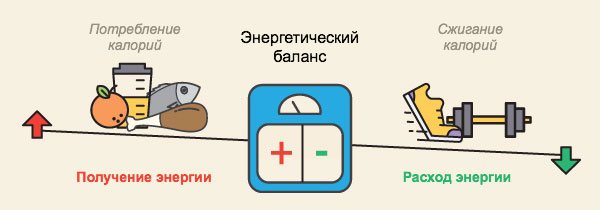
There is no pill, special diet or food that can hack your metabolism and change this basic formula. No matter how much fat or how many calories you burn for energy, you can't lose weight or burn fat unless you eat fewer calories than you burn.
What is a calorie?
When it comes to nutrition, there is no discovery more valuable than calories. This allows us to quantify food, compare different foods and manage individual nutrition and even our workouts. But what is a calorie?
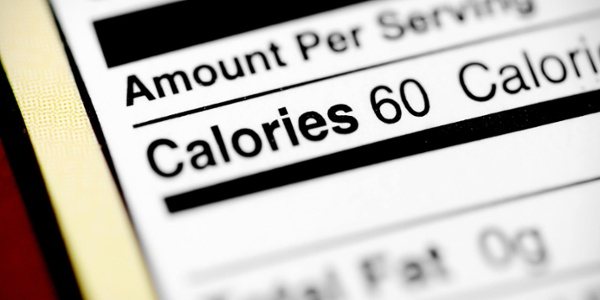
Technically speaking, a calorie is the amount of energy required to raise the temperature of 1 kg of water by 1 degree Celsius. Or in other words, it is a unit of measurement that tells us how much energy is in our food. Calories were originally measured by placing a food item in an airtight container and submerging it in water or burning the food. Today, calories are measured by the breakdown of food macronutrients, or in other words, by the amount of carbohydrates, fats and proteins contained in a food.
Calories have long been used as a unit of heat measurement, dating back to the early 1800s. But what we know and recognize as a food calorie today was not explored until around the 20th century. To this day, calories remain the most effective way to measure energy intake and expenditure, and the best way we know to directly influence weight management.
Macrocalories
Food and drink are made up of macronutrients - carbohydrates, proteins and fats - which supply all the calories we eat. Each macronutrient has a different role when it comes to health and nutrition, as well as a different calorie content per gram. Because macronutrients play a role in your health and energy intake, tracking them is an effective way to count calories and balance your food intake.
Carbohydrates and protein have about four calories per gram, and fat, the most calorie-dense macronutrient, contains nine calories per gram. Alcohol is also technically a macronutrient because it provides calories but is not as nutritionally important as protein, fat, and carbohydrates. And just like fat, alcohol is quite high in calories—each gram contains seven calories.
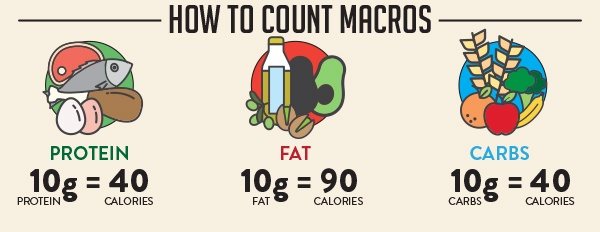
[How to count macronutrients? Protein: 10 g = 40 calories. Fat: 10 g = 90 calories. Carbohydrates: 10 g = 40 calories.]
Micronutrients such as vitamins and minerals also play a role in overall health and weight management, but they do not directly affect calorie intake. In other words, you don't get any calories from the vitamins and minerals you eat or drink. And while many micronutrients are involved in metabolic processes that help you get energy and sometimes make you feel more energetic (like B12), they can't increase energy levels alone; you still need calories from macronutrients to do that.
Impact of the quality of calories consumed
Food should consist of equal amounts of fats, proteins and carbohydrates. The percentages are 30, 50 and 20. Without these proportions, excess fat remains in the body.
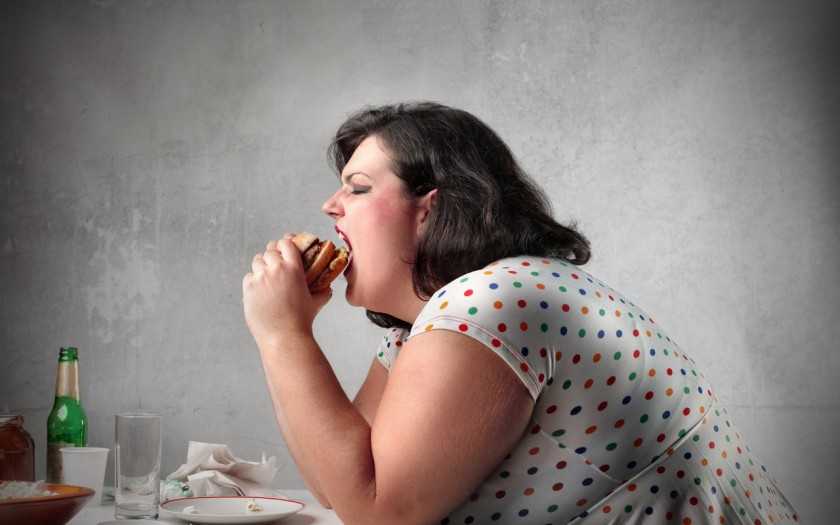
And with excessive consumption of carbohydrates with a decrease in the value of proteins, you will immediately feel a lack of strength, lethargy, and decreased immunity. When you lose one thing, you gain another.

Calculation of daily caloric intake
If we assume that 1 calorie per 1 kg of weight is burned every hour, then further calculation will show what energy is needed for a weight of 75 kg in the amount of 1800 cal.

This value is only sufficient for normal operating conditions. If you add here the digestion of food, physical and mental stress, the figure will immediately increase.

Currently, the approximate calculation is as follows: on average, per 1 kg of body weight, you need to burn 24 calories in 1 hour. Calculating calories per day for women is more difficult to perform due to the special physiology of the body.
The weaker sex, according to statistics, gains weight faster. And if you are expecting or giving birth to a child, your weight increases by leaps and bounds.

Lifestyle plays an important role here. With low mobility, middle-aged women will need 1800 per day, with average mobility - 2000, with high mobility - 2200.

When losing weight, subtract 500 units from the value you derived. This scheme will allow you to lose weight by 0.5 kg weekly. The main thing is not to get carried away with weight loss. Reduce calories below 1200 units. undesirable.

The calorie intake for men is significantly different compared to women's. A man needs protein. And to get it, energy reserves will have to be increased.
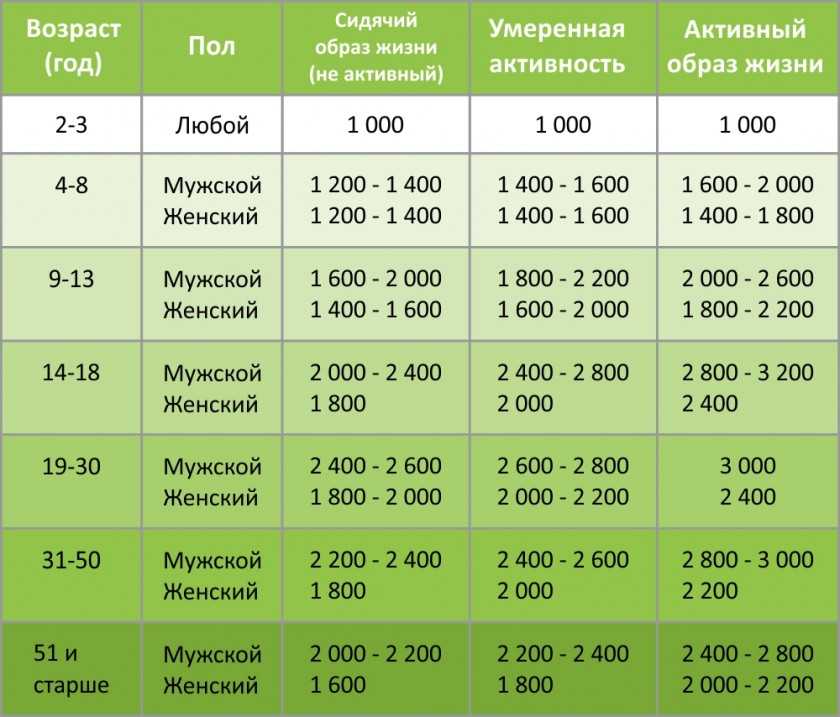
With a sedentary lifestyle, middle-aged men require 2200 cal., with moderate mobility - 2500 cal., with high mobility - 3000 cal.

How to switch to proper nutrition?
Maintaining a proper diet is quite easy and pleasant. Difficulties may arise during the transition to this scheme. To avoid stress on the body, it is recommended to adhere to the following rules:
- Always have a small snack in a container on hand. This will help avoid a situation where, due to hunger, a person will eat fast food;
- You should buy products in the store strictly according to the list, so as not to buy too much. Be sure to include fresh fruits, herbs, vegetables and various cereals in the list;
- Recipes with smoked meats and canned goods should be excluded from the diet. These are quite harmful products that contain many completely unnecessary additives, preservatives and flavor enhancers;
- It is necessary to avoid products that contain refined sugar. It and all possible sweets should be replaced with honey and fruit. In the center of the table there should always be not the usual cookies and sweets, but fruits and healthy bars.
In order not to break, you do not need to introduce these rules in one day. A girl or man needs to switch to proper nutrition gradually. In the first week, you can remove fast food from the menu, and in the second week, sugar. If you have an irresistible desire to eat something sweet, you can give preference to dark chocolate.
Daily calorie intake for weight loss
In order to find out how many calories you need to consume to lose weight, you should calculate your daily energy expenditure. After you have calculated your daily requirement, feel free to subtract 20% from this value, but let us remind you that this figure should not be less than 1200 units.
This will be your calorie intake for weight loss. Strive to stick to the results you get and you will soon feel the changes yourself.

Proper diet for children
If the adult male and female organisms are fully studied, the issue of proper nutrition for children remains on the surface from year to year. Each child is individual.

The quality of food is of paramount importance. Depending on the age, a child needs 800 calories at 1 year, 1500 at 3 years, 2000 at 6 years, 2900 at 13 years.

Keeping yourself in good shape throughout your life is no easy task. Her decision depends only on you.
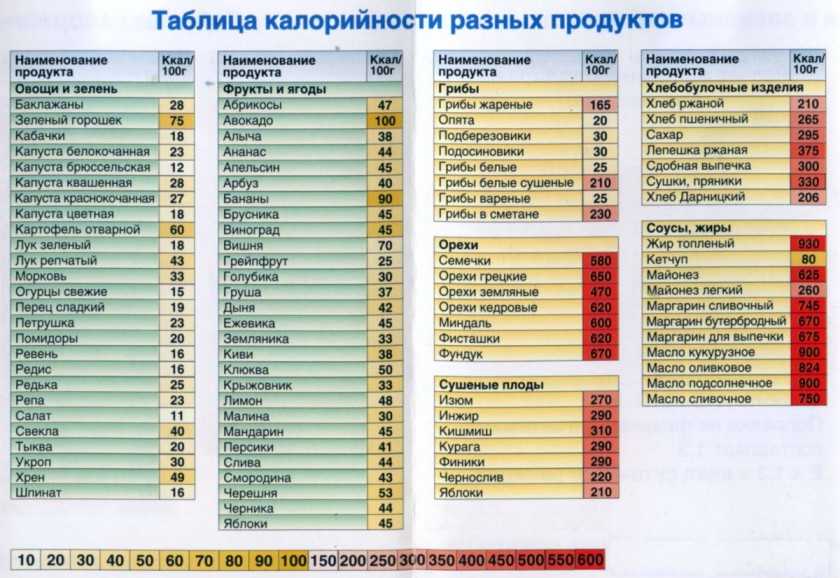
For questions about proper nutrition, cleansing the body, choosing the right diet, you can always contact us. In our case, we are always ready to come to your aid.
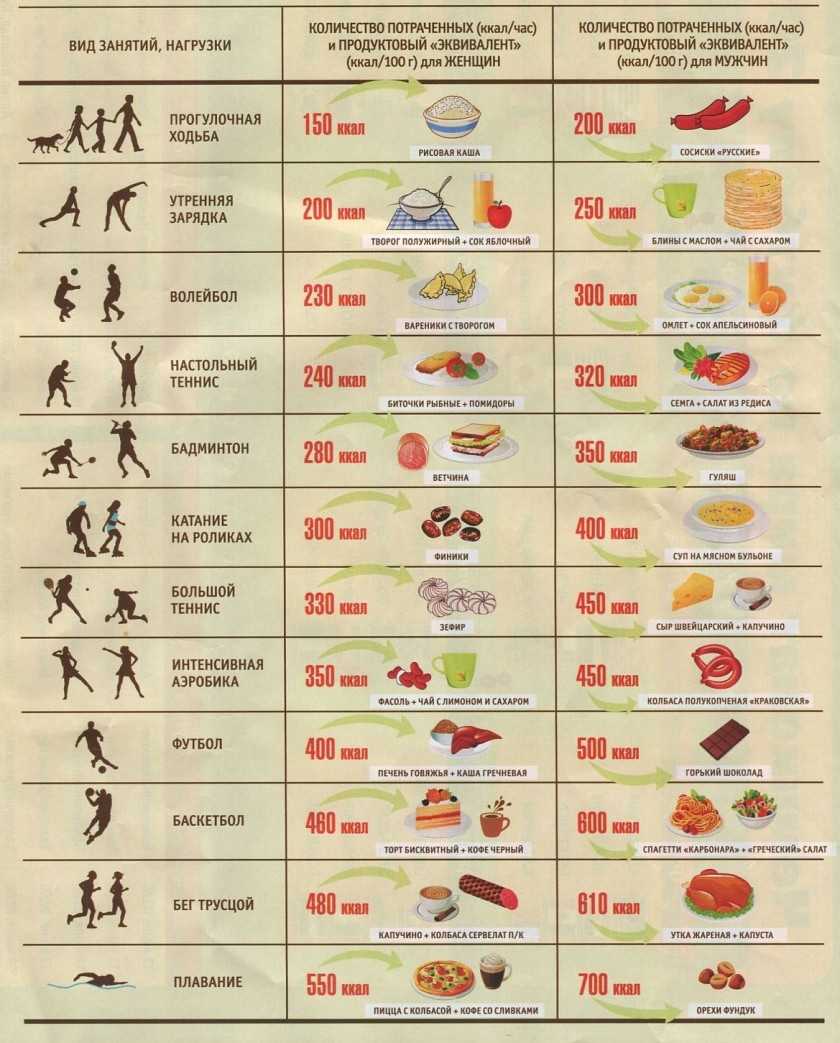
How much should you eat to lose weight?
Energy needs are completely individualized, which is one of the reasons why calorie control is so good for weight loss. It is difficult to accurately calculate the number of calories for weight loss because needs can vary depending on age, height, gender, weight, percentage of muscle mass and activity level.

Your daily calorie intake is made up of four main components: BMR, NEAT, TEA and TEF. Together they form your total daily energy expenditure - TDEE - which tells you how many calories you burn each day based on your lifestyle, physical activity and personal needs.

[BMR(BIM) + NEAT + TEA(TEA) + TEF(TEP) = TDEE]
BMR: What is Basal Metabolic Index?
Your daily physical functions—heartbeat, mental performance, and breathing—need a certain amount of calories to function. Another name is basal metabolic rate (BMR) or resting metabolic rate (RMR). This is the bare minimum energy you need each day if you never leave your bed or move around. This minimum is 60 to 70 percent of the daily requirement.

[Measure your BIM. Women: your weight in pounds*10. Men: your weight in pounds*11]
TEM and NEAT: energy expenditure for activities

Assuming you'll be moving around at some point during the day, you'll also need to consider the calories burned by activity. These include non-exercise thermogenesis (NEAT) and thermogenic activity effect (TEA). NEAT is essentially basic daily movement, including when you're nervous, while TEA is the effect of exercise or more vigorous physical activity. In combination, these two types account for approximately 20% to 35% of your caloric intake.
You can calculate your calories using an online calorie burn calculator, or you can estimate your needs using an activity factor (AF). Based on how active you are on a daily basis, use one of the following criteria:
- Sedentary (AF 1.2) - No movement at all. Use this activity factor if you sit at a desk most of the day and don't plan to exercise.
- Light Activity (AF 1.375) - Light exercise or training 1 to 3 days per week. Use this activity factor if your exercise regimen involves walking or other activities that don't cause you to become tired or sweaty.
- Moderate Activity (AF 1.55) - Moderate exercise 2 or more days per week. Use this activity factor if you work out every couple of days each week and sweat a little.
- Very Active (AF 1.725) - Strenuous exercise 3 or more days per week. Take it if you train several days a week and sweat a lot.
- Extremely Active (AF 1.9) - Work out 2 or more times per day. We use it if you are a professional athlete, train several times a day or do physical work.
What is TEF?
Your total daily energy expenditure is also affected by something called the thermic effect of food (TEF), also called thermogenesis. TEF makes up only a small portion - 10% of your total TDEE - but don't count it out.

Digestion itself requires energy - this means that calories from food must be converted into usable energy by the body itself.
If we take thermogenesis into account, here are the costs of the total daily calorie intake for digesting macroelements:
- Protein requires 20-30%
- Carbohydrates require 5-10%
- Fats require ~3% or less
Mixed meals, which are closer to how we usually eat, average about 10% of calories.
Calculate your TDEE
Once you have your BMR and activity factor, estimating your daily calorie intake is easy. Here's the formula:
TDEE = BMR x AF
Since TEF is a small part of your TDEE, there is no need to count it when calculating your total calories.
You can also use an online calorie calculator to calculate your daily intake.







